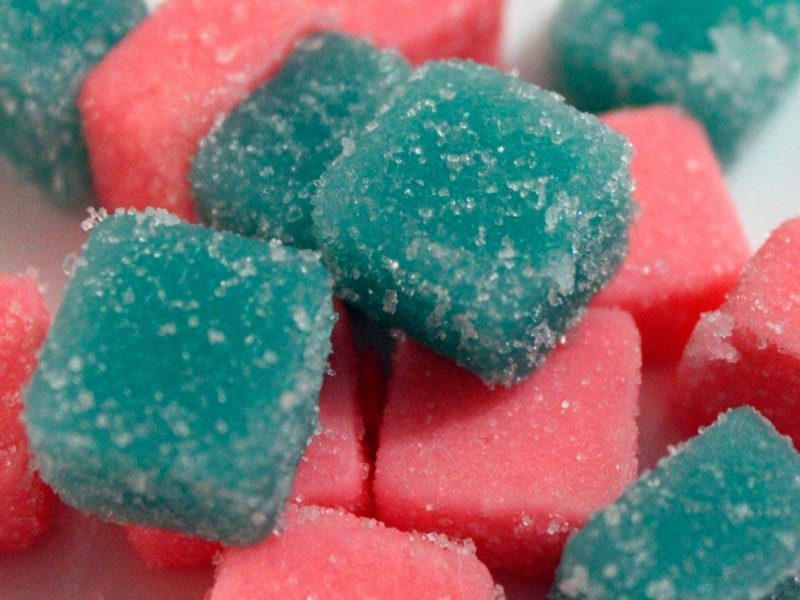When most people think of clogged arteries, they think of fat and cholesterol. While it’s true both of those things can cause cardiovascular concerns, calcium and other substances found in the blood can also lead to atherosclerosis, or plaque buildup in the arteries.
If the plaque calcifies, it becomes hard and blocks the flow of blood through the arteries. This can cause coronary artery disease, which may lead to health problems such as heart attack and stroke. But you can take steps to prevent these problems when you understand your risk.
Doctors recommend receiving a calcium score test. Also called a coronary calcium scan, a calcium score test is an effective and accurate way to measure the amount of calcium buildup in your coronary arteries. This test uses computed tomography (CT) scans to look inside your heart and blood vessels for signs of cardiovascular disease.
Patients at high risk of atherosclerosis would especially benefit from a calcium score screening in Morristown, NJ. How often you should receive a calcium score test, along with any necessary follow-up care, can be determined by your provider.
Here’s who can benefit from a calcium score test.
- Patients who are overweight or obese
- Patients who are physically inactive
- Patients with a family history of cardiovascular disease, including heart attacks
- Patients with high blood pressure or high cholesterol
- Patients with diabetes
- What’s the normal range for a coronary calcium scan?
The test results of a coronary calcium scan are measured on a scale from 0–400 and up. The results are interpreted as follows:
- 0 = No evidence of coronary artery disease
- 1–10 = Minimal evidence of coronary artery disease
- 11–100 = Mild evidence of coronary artery disease
- 101–400 = Moderate evidence of coronary artery disease
- 400 or higher = Extensive evidence of coronary artery disease
- In general, the higher your number means the greater your risk of developing heart disease.
Typically, a patient with a score between 1 and 99 has calcified plaque beginning to build up in the arteries; treatment will depend on what the patient and provider believe is best. Patients with scores over 100 will likely be recommended medication to help manage their risk of heart disease.
Get This Test?
The calcium that the scan is looking for is part of plaque. This is not the stuff you get on your teeth, but a different kind found in your arteries. It’s made partly of fat and calcium, and it’s not good for your heart.
Plaque is waxy at first, and it builds up slowly. But over time, it can harden. You may hear doctors call this “calcified” plaque. It’s a problem for two reasons.
First, hard plaque in your arteries is like a clog in a pipe. It slows your blood flow. That means some parts of your body don’t get enough of the oxygen they need. If plaque collects in your heart’s arteries, you may feel chest pain and discomfort, called angina.
Second, that plaque can break open, which can lead to a blood clot. That could cause a heart attack.
The coronary calcium score screening in Morristown, NJ tells you how much calcified plaque is in your heart’s arteries. You and your doctor can take the results and decide if you need to make any changes to your medicine or lifestyle.


